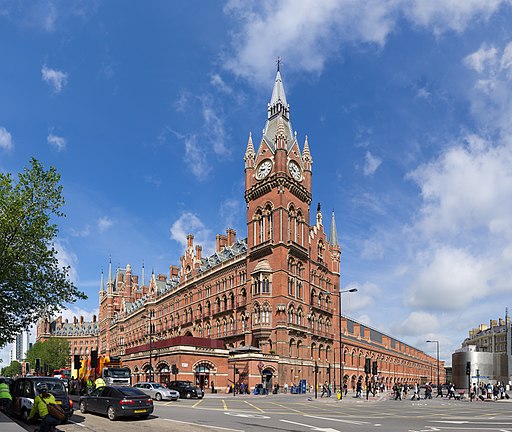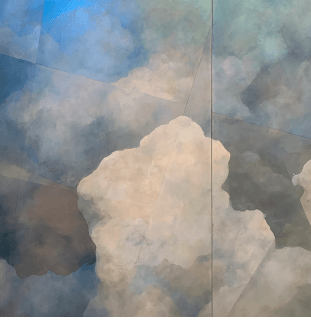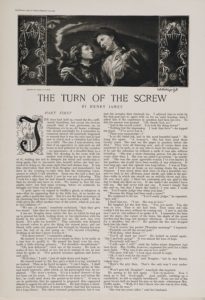Today is 1/27, one of my favorite days of the year. In the number theory game I’ve been playing with dates since my junior high school days, today is the only Mersenne prime day of the year.
First, my game.
- Step 1: Generate a number by writing the digits of the month and day as “mmdd.” Today, for instance, is 0127 or 127.
- Step 2: Investigate the properties of the number you got from step 1 and celebrate. For instance, 127 is a prime number. Sometimes you get other interesting characteristics — as I recently pointed out about my birthday, 108.
Now, what is there to celebrate about 127?
Let’s start with Mersenne’s prime theorem. If a prime number can be represented as a Mersenne number, then the power of 2 that generates that number must be prime. Mersenne numbers have the form
2^p - 1
For instance, 15 is a Mersenne number because it can be expressed as
2^4 - 1 = 15
Obviously, 15 is not prime (among other things, it’s divisible by 3, as my birthday post revealed), but many Mersenne numbers are — like 7:
2^3 - 1 = 7
Now here’s the theorem: if a Mersenne number is prime, then the power to which 2 is raised must be prime. Since we’re looking at 7, notice that the power, 3, is also prime. Very cool.
(And it’s convenient, too, because we can use this theorem to narrow the field of prime candidates. I like looking for primes among large Mersenne numbers, with a little help from Python. In fact, I’m slowly compiling triple-Mersenne primes. These are Mersenne primes whose power is a Mersenne prime whose power is also a Mersenne prime. You can’t get entertainment like that on TV.)
That brings us to 127, which is
2^7 -1 = 127
127 is prime, and 7 is prime. But 127 is the only Mersenne prime that corresponds to a day in the year, according to my game. Why?
The next lower candidate for a Mersenne prime would use the power 5 (Why?), so we have
2^5 - 1 = 31
31 is not a well-formed day-number according to the rules of my game. (I’m fine with dropping leading 0s, but not interspersing 0s willy-nilly to get an arbitrary result—that offends my basic sense of order and fair play). All the smaller Mersenne primes, therefore, won’t qualify for my game.
What about larger Mersenne primes? The next candidate uses 11 (Why?), but let’s see:
2^11 - 1 = 2047
Two problems: 2047 is not prime. (It’s 23 * 89, in fact.) And even so, there’s no 20th month. (By the way, this also shows that not all primes are Mersenne primes — not even close!)
Yes, 127 is the only Mersenne prime day of the year — but there’s more!
127’s power is 7, which is a Mersenne prime, as we say above. But 7’s power is 3, which is also a Mersenne prime!
2^2 - 1 = 3
So, 127 is a triple-Mersenne prime. See if you can parse this lovely relation:
2^(2^(2^2 - 1) - 1) - 1
The expression in the innermost parentheses generates 3, the expression in the next pair generates 7, and the whole expression makes 127.
There you have it. 127 is not just the only Mersenne prime day of the year, it’s also a triple-Mersenne prime.
That’s cause for prime celebration.



